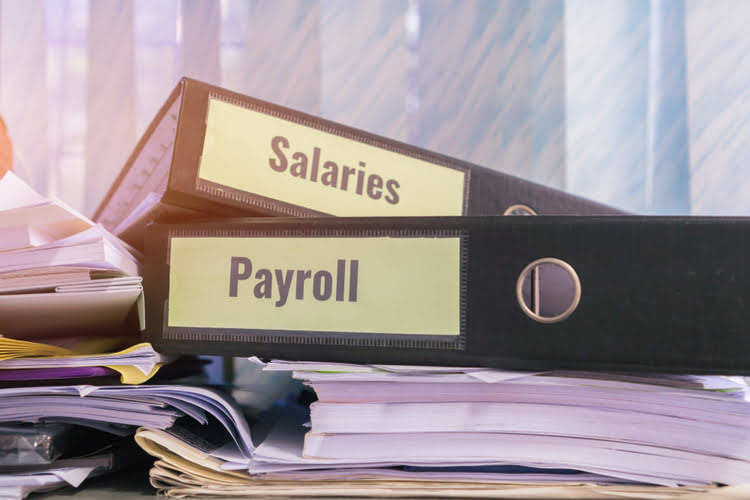
Bookkeeping is the practice of organizing, classifying and maintaining a business’s financial records. It involves recording transactions and storing financial documentation to manage the overall financial health of an organization. Most businesses use an electronic method for their bookkeeping, whether it’s a simple spreadsheet or more advanced, specialized software. The comparison between accounting vs bookkeeping is not about determining which is better, as they are complementary functions within the financial management process. Both bookkeeping and accounting play crucial roles in maintaining accurate financial records, but they have distinct focuses and responsibilities. There’s also a blurring of roles, with some accountants providing bookkeeping services and some bookkeepers giving strategic business advice.
You might also be watching your company’s list of expenses and wondering where to reduce spending. In either case, consider handling the accounting yourself or delegating this responsibility to one or a few of your current employees. To earn the certified public bookkeeper license, bookkeepers must have 2,000 hours of work experience, pass an exam and sign a code of conduct.
Bookkeeping vs. Accounting: The Basics
There are several types of accounting certifications that accountants obtain to expand their skill sets and gain positions within larger organizations. In addition to CPA credentials, other common accounting designations are chartered financial bookkeeping vs accounting analyst (CFA) and certified internal auditor (CIA). However, if your accountant does your bookkeeping, you may be paying more than you should for this service as you would generally pay more per hour for an accountant than a bookkeeper.
Automated processes can’t replace the critical thinking and strategic insights of skilled professionals. Beyond that, AI applications like ChatGPT are known for “hallucinating” information, and any machine-generated inaccuracies could be devastating for your business. But sometimes, the time spent managing a learning curve isn’t worth the cost savings. For instance, an expert accountant could spot tax deductions and other savings that someone less practiced might not notice. To earn the Certified Public Bookkeeper License, professionals must have 2,000 hours of work experience, pass an exam, and take 24 hours of continuing education each year.
Bookkeeping vs Accounting: What’s The Difference?
Industry newcomers tend to use the terms “bookkeeper” and “accountant” interchangeably, but there are a few important distinctions between the two. In addition, you must be a member of the Association of Certified Fraud Examiners. In most cases, employers want to hire someone with a bachelor’s degree, and a master’s degree may help boost your earnings.